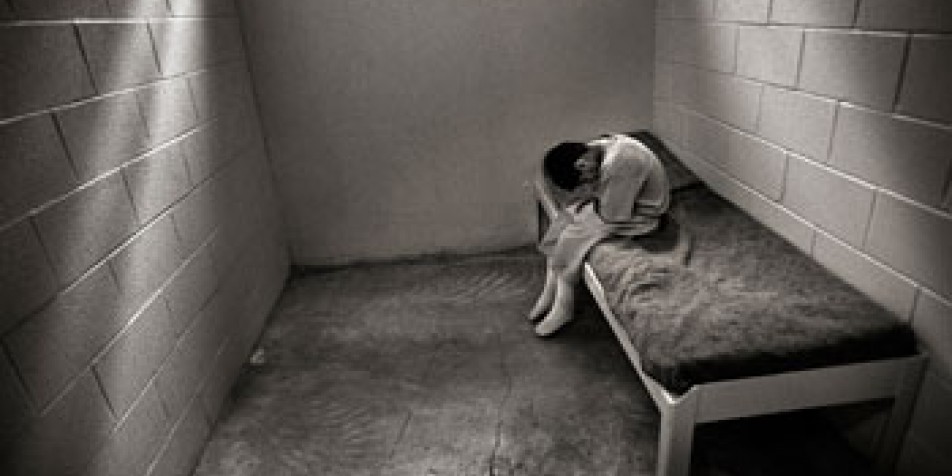Studies show that the US imprisons 122,000 men, women and children in solitary confinement every day.
With about 2 million prisoners, the US is the world’s largest prison system and its prisons are the main centers of human rights violations.
Although the US prison system is known for many human rights features, solitary confinement is one of the most prominent features of this system.
Al Jazeera has addressed this issue in a report, citing several prisoners’ accounts of their periods of solitary confinement in US prisons; the report states:
US prisons and detention centers have increasingly relied on solitary confinement since the 1970s; currently, more than 40 US states have extraordinary security facilities for keeping people in isolation for long periods.
In a 2023 report, the human rights group Solitary Watch and the Unlock the Box campaign said that more than 122,000 men, women and children in the US are held in some form of solitary confinement every day.
Black prisoners are nearly four times more likely to be sent to solitary confinement than white prisoners; studies show that solitary confinement can affect brain function after just a week and cause irreversible damage in people with mental illness or mental illness.
Experts and human rights groups have warned that prolonged solitary confinement amounts to torture, and the United Nations has called on member states to ban its use for more than 15 days and for people with mental or physical disabilities.
In the US state of New Jersey, a 2019 law limited the length of time prisoners can be held in solitary confinement to a maximum of 20 consecutive days or 30 days in a 60-day period, but human rights groups and observers said the law was being violated, with people being held for months or more than a year.
Prison officials in the United States call solitary confinement by names such as administrative segregation (AdSeg), restrictive housing, or management control units, but many call it “the hole” because it alienates people to the point of oblivion.
Former prisoners in the United States tell a variety of stories about their conditions in solitary confinement, stressing that their basic rights were violated in such confinement.
The extremely cold air of solitary confinement cells is a major problem for prisoners; constant and deafening profanity is constantly heard in this space; the facilities of solitary confinement, especially their bathrooms, are dilapidated.
There are also reports of unjustified solitary confinement of some prisoners; for example, prisoners who refused to work extra shifts without pay or without rest, or a sick prisoner who refused to clean the floor, were sent to solitary confinement.
Some former prisoners in the United States spoke of the negative effects of solitary confinement on their psyche; They declared that the wounds of this era would torment them forever.

